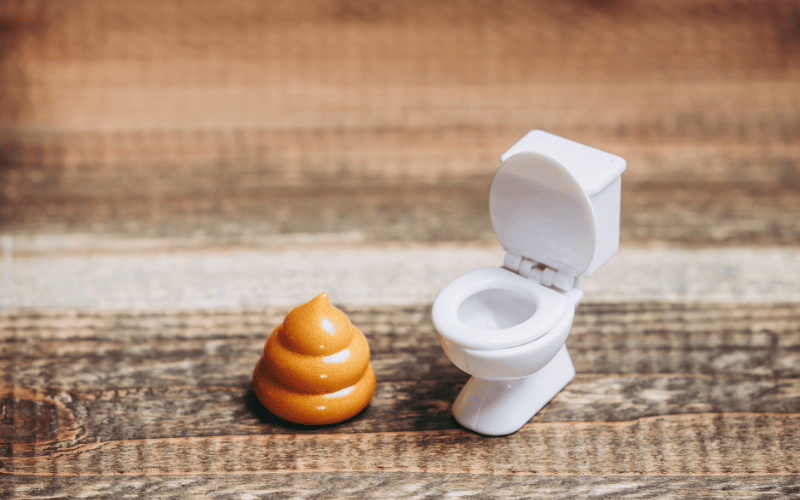Introduction: Understanding Fecal Impaction
While digestive issues may sometimes feel like an embarrassing topic, being informed is crucial for our well-being. One condition that isn’t discussed often but can pose serious health risks is fecal impaction. This condition refers to a solid, immovable bulk of stool that amasses in the rectum, leading to a plethora of symptoms, from mild irritations to more severe discomforts. The repercussions of not addressing this condition in its nascent stages can be significant.

It’s essential to remember that our body has various ways of communicating with us. Every ache, pain, or irregularity is a message that needs decoding. Fecal impaction is one such urgent message, urging us to pay heed and intervene. This issue isn’t just about feeling constipated or missing a day or two in the bathroom; it’s about understanding the buildup and recognizing when you’re moving from regular constipation to something more problematic.
The human digestive system, though efficient, can face hiccups from time to time. Be it due to our diet, sedentary lifestyles, medication, or even stress, several factors can throw it off balance. Fecal impaction is a condition that stands testament to this fragility and emphasizes the need for timely attention. By understanding and recognizing the symptoms of fecal impaction, you equip yourself with the knowledge to take corrective action promptly.
So, what are these symptoms that we should be on the lookout for? And how do they manifest? This article aims to shed light on the 10 critical symptoms of fecal impaction, providing insights to ensure you’re well-prepared to address and prevent it.
Symptom 1: Prolonged Constipation

Constipation, in and of itself, can be a mundane experience for many. But when it stretches beyond the typical duration, it becomes a cause for concern. A day without a bathroom visit may not raise eyebrows, but as the days accumulate, it’s clear something’s amiss. This prolonged constipation can be the initial stage of fecal impaction, where stool starts to collect and harden in the rectum.
Various factors can lead to this delay in bowel movements. From dietary choices to medications and even our hydration levels, everything plays a role. Sometimes, a sedentary lifestyle or reduced physical activity can slow down our gut’s machinery, leading to sluggish bowel movements.
It’s essential to note that while occasional constipation is standard, prolonged constipation can have cascading effects on our health. Beyond the discomfort and bloating, it can lead to other complications if not addressed promptly.
Regularly monitoring one’s bowel habits and ensuring they’re within a healthy range is crucial. If you find yourself consistently struggling or straining, it might be worth seeking medical advice. The key takeaway here is not to dismiss prolonged constipation as a minor inconvenience. Recognize it, address it, and take steps to prevent its recurrence.